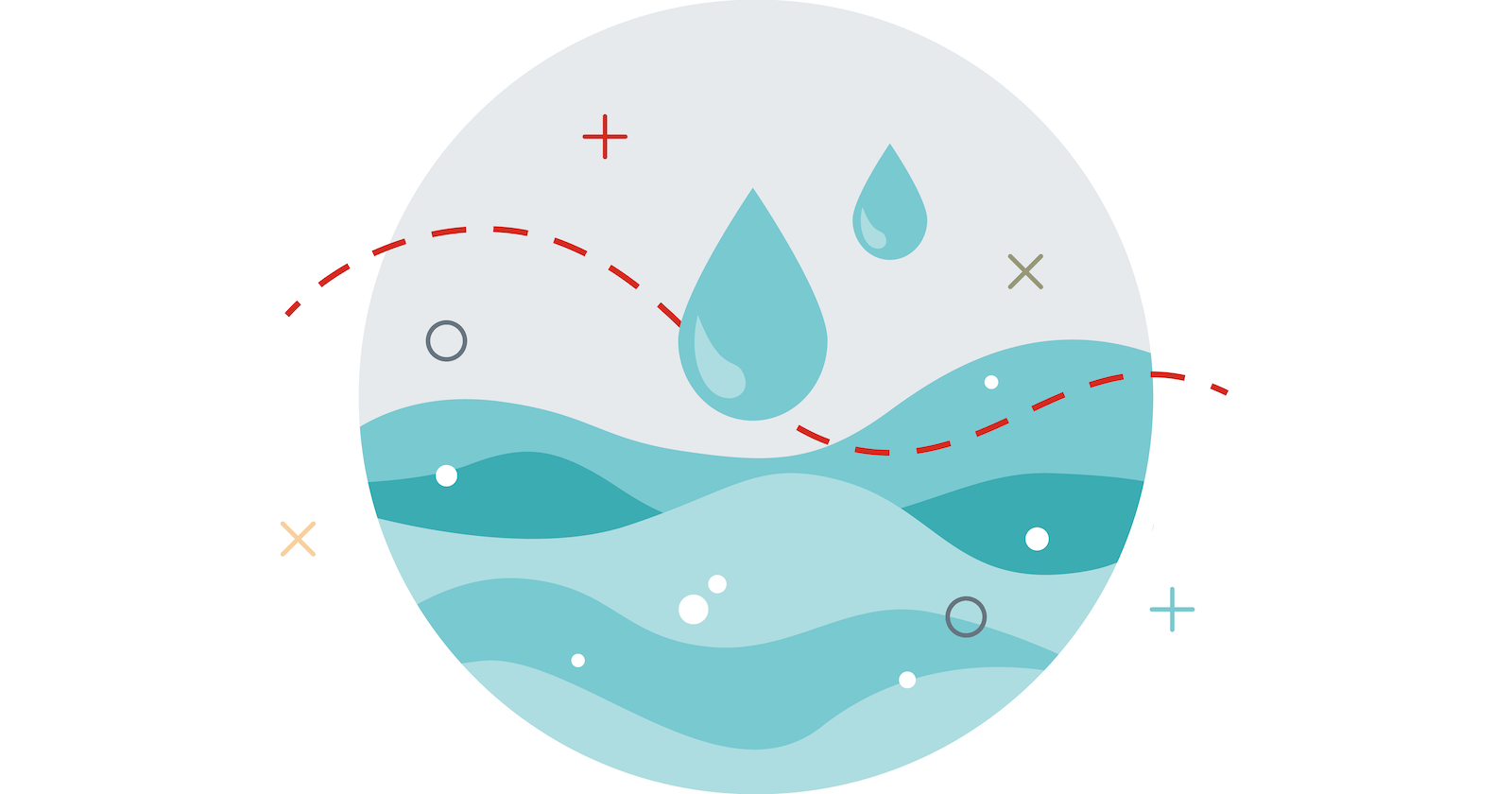Tuesday, April 29, 2025
Wetlands prove that conservation is possible. Committing to sustainable water management, promoting environmental education, and supporting the restoration of these ecosystems are essential steps to ensuring their future.
Simply looking at the landscapes of places like Doñana National Park, the Ebro Delta, or the Albufera in Valencia is enough to grasp the vital role wetlands play. Despite only covering 6% of the Earth's surface, wetlands are home to 40% of all plant and animal species, with a huge variety of birds, mammals, amphibians, and aquatic plants living in them. This biodiversity is essential not only for human health, but also for food production, transportation, and important economic activities such as tourism.
These ecosystems provide countless benefits. They act as natural sponges, absorbing excess water during heavy rains and reducing the risk of flooding in cities and farmland. They also filter water, improving its quality before it reaches rivers and aquifers. Their vegetation and waterlogged soils act as carbon stores, so much so that they’re actually considered carbon sinks due to their ability to absorb millions of tons of CO2 each year.
Protecting these areas has boosted birdwatching tourism and scientific research, creating jobs and economic benefits for local communities. A United Nations report estimates that around one billion people worldwide depend on wetlands for their livelihoods.
Given their importance, wetland protection has gained global attention. To date, 171 countries have signed the Ramsar Convention on Wetlands, a global treaty to protect wetlands. Thanks to this initiative, more than 2,400 wetlands have been designated as sites of international importance. This has paved the way for the development of targeted programs focused on their conservation, restoration, and sustainable management in order to protect them.
Spain, for instance, has the Strategic Plan for Wetlands 2030, which outlines the actions needed to address the factors driving loss and degradation. Another example is the Everglades Restoration Plan in the United States, which focuses primarily on protecting the ecosystem in South Florida. Similarly, protection laws have been enacted to defend these ecosystems and help them regenerate, giving hope for their future, such as the Clean Water Act in the United States and the General Law of Ecological Balance and Environmental Protection in Mexico (reformed in 2023 to protect wetlands).
Today isn't February 2, World Wetlands Day, but every day is a great opportunity to celebrate their growth, recovery, and protection. These ecosystems prove that conservation is possible. Committing to sustainable water management and supporting their restoration are essential steps to ensuring their future. Every hectare restored is a victory—not only for nature, biodiversity, and the climate, but also for our quality of life.
¿Te ha parecido interesante?





